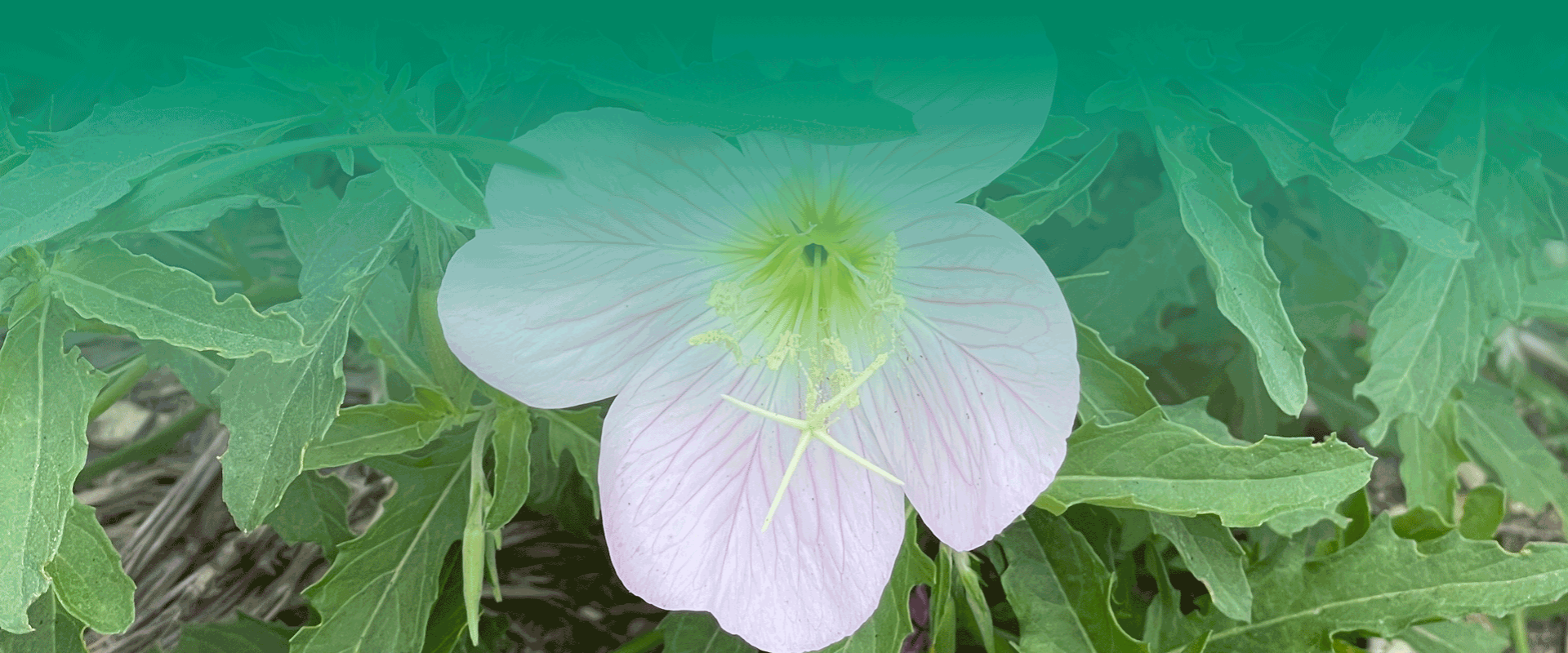
Cosmos caudatus, also known as Ulam Raja in Malay, is a species of flowering plant in the daisy family (Asteraceae). It is native to Mexico and Central America and is grown as an ornamental plant for its attractive, feathery flowers. The plant has delicate leaves and stems, and produces a profusion of small, bright yellow or orange flowers that bloom from late summer to early autumn. The plant typically grows to a height of 60-100 cm and spreads to about 30 cm wide. Cosmos caudatus is a hardy plant that is relatively easy to care for and is often grown in garden beds, borders, and as cut flowers. It is also a popular choice for butterfly gardens, as the nectar-rich flowers attract a variety of pollinators.
Cosmos caudatus is used in traditional medicine for various purposes, but there is limited scientific evidence to support these uses. Some of the traditional uses of Cosmos caudatus include:
- Anti-inflammatory: In traditional medicine, the plant is used as an anti-inflammatory agent to relieve pain and swelling.
- Antioxidant: The plant is believed to have antioxidant properties, which could help to protect against cellular damage caused by free radicals.
- Wound healing: The plant is used in traditional medicine to promote wound healing and prevent infections.

The leaves, stems, and flowers of Cosmos caudatus are edible, although they are not commonly consumed in many cultures. The leaves are typically tender and have a slightly bitter flavor, while the stems are crunchy and have a slightly sweet taste. The flowers are also edible and can be added to salads or used as a garnish for dishes.
It is important to note that the traditional uses have not been scientifically proven and that more research is needed to determine the safety and efficacy of using this plant for medicinal purposes. Additionally, the use of any plant for medicinal purposes should only be done under the supervision of a qualified healthcare provider, as some plants can have toxic effects when consumed in large quantities or by certain populations.


